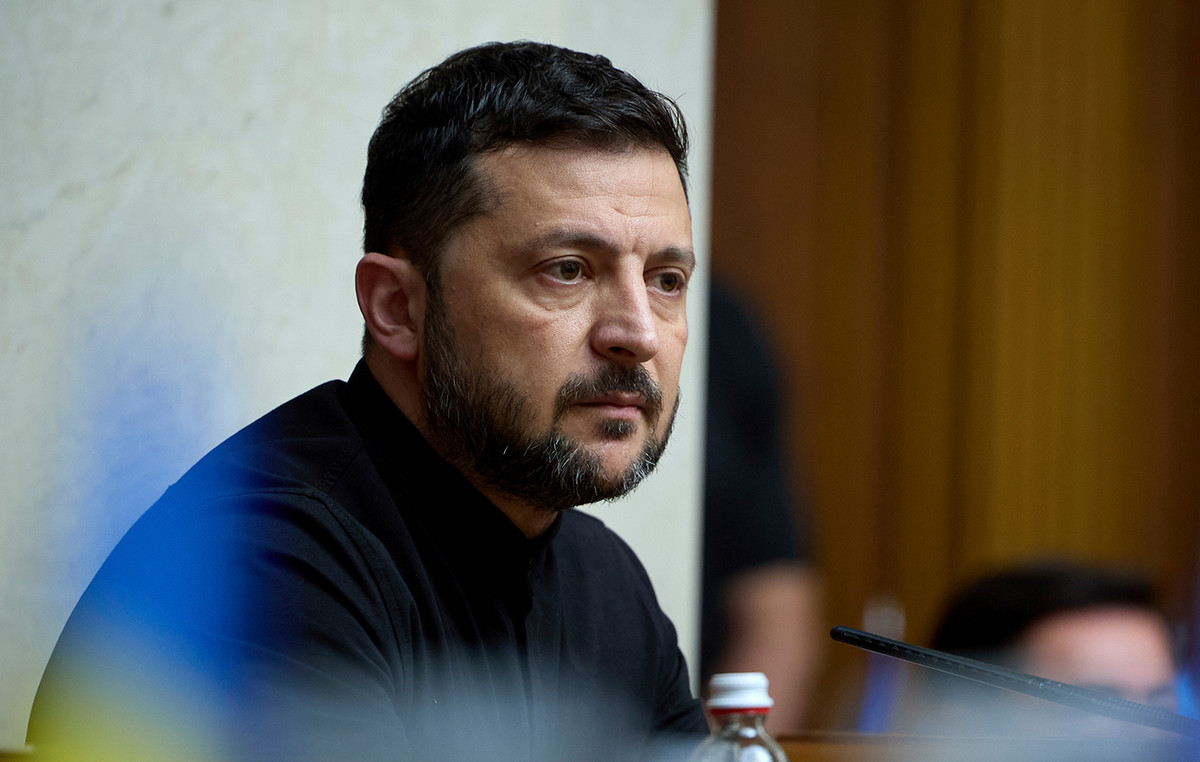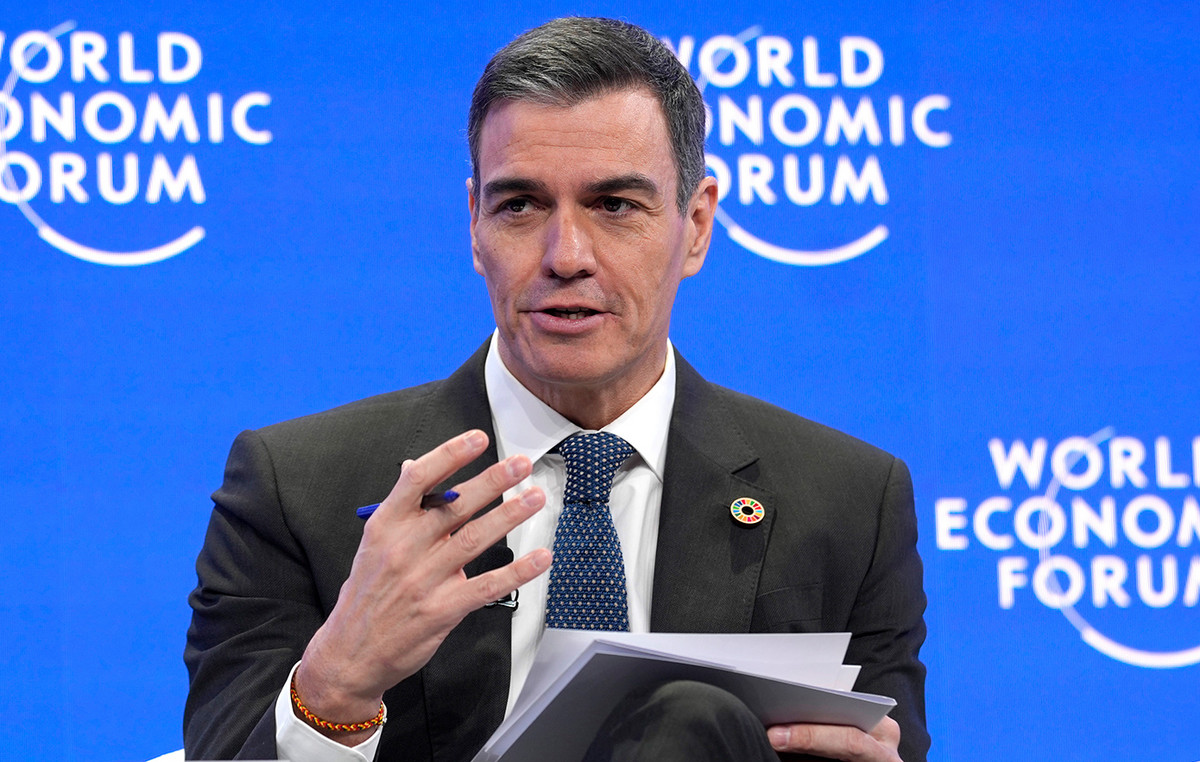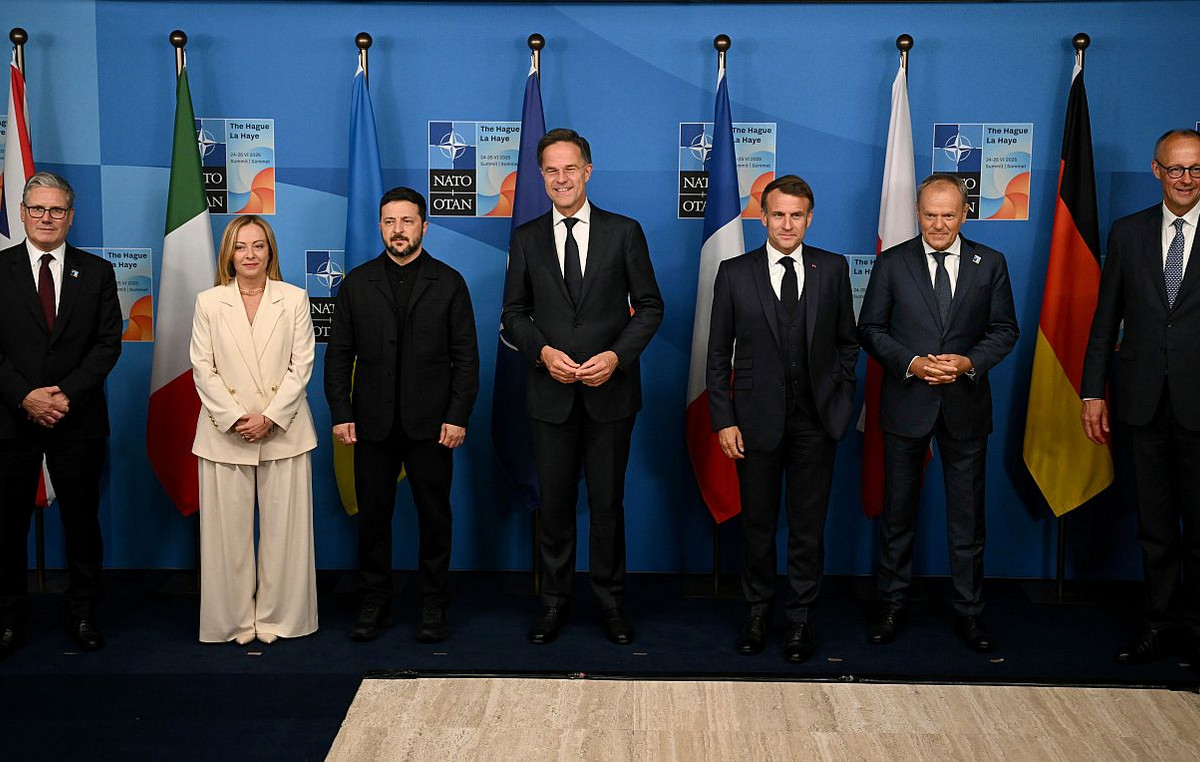About 55% of Brazilians are not aware of the corruption reporting channels in the municipality where they live. Another 6% say that the city would not have the platform and 5% say they tried to use it, but failed.
Only 34% claimed to know the channels, but never used them.
The numbers are from the survey “Perceptions on corruption”, carried out by Instituto Não Aceito Corrupção (Inac) in partnership with Instituto Qualibest.
About 1,600 people were interviewed through a virtual questionnaire, especially representatives of the C class.
“There is a pressing need for a significant improvement in knowledge and access to channels for reporting irregularities in the 5,568 Brazilian municipalities, unknown to most respondents”, highlighted Roberto Livianu, president of Inac and prosecutor of the Public Ministry of São Paulo.
The survey also pointed out that corruption is not the main concern of Brazilians. Health, education and unemployment, in order, are the three main priorities.
With 11%, corruption appears in fourth place in the list of issues with the highest priority to be resolved.
Among the corrupt practices with the highest level of disapproval among Brazilians, the “rachadinha”, which consists of hiring advisors to positions of trust in which part of their salary is returned to the politician, is one of the most rejected.
The “buying of votes” also appears among the attitudes in which there is less tolerance on the part of society. Voters or politicians who exchange votes for medicine, food baskets or money are disapproved of by those interviewed.
Attitudes in which there is some type of help to others are more socially accepted, for example, a driver who is not fined for taking a woman in labor or a food establishment that offers a free meal to police officers working in the region.
The assessment, more focused on the municipal sphere, also pointed out that 40% of those interviewed have already been victims of extortion or know someone who has been.
Source: CNN Brasil







